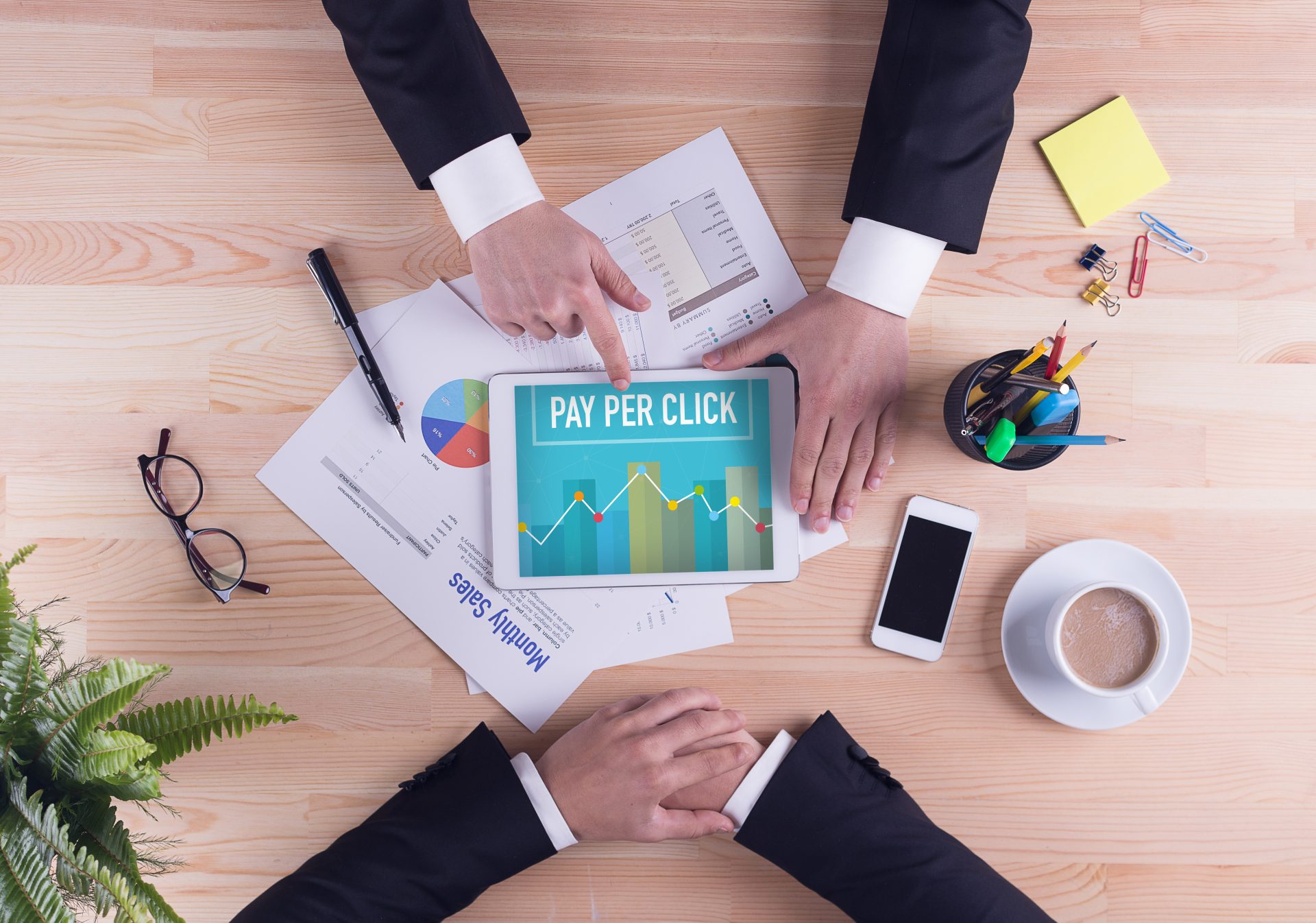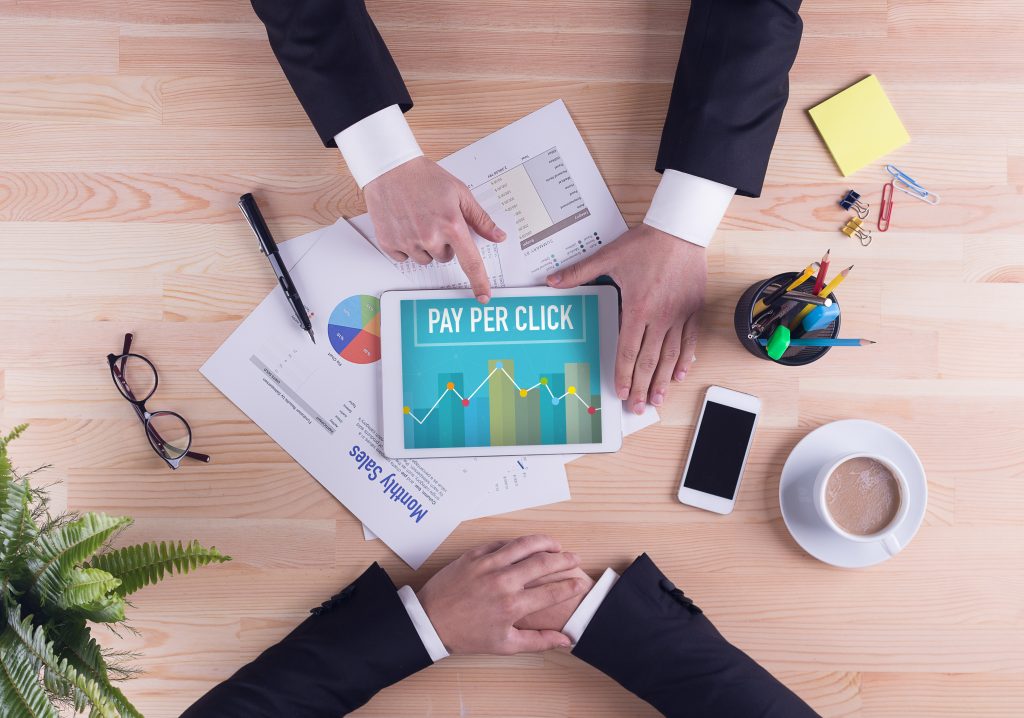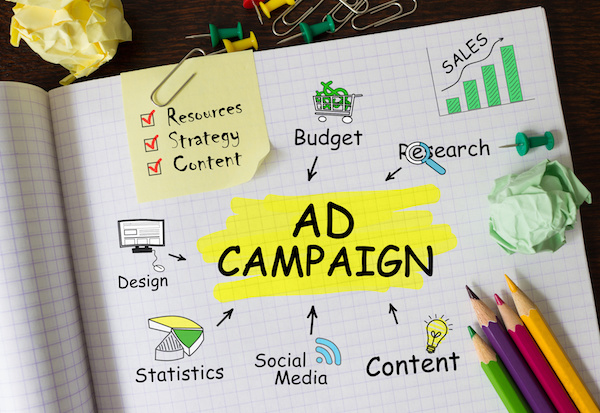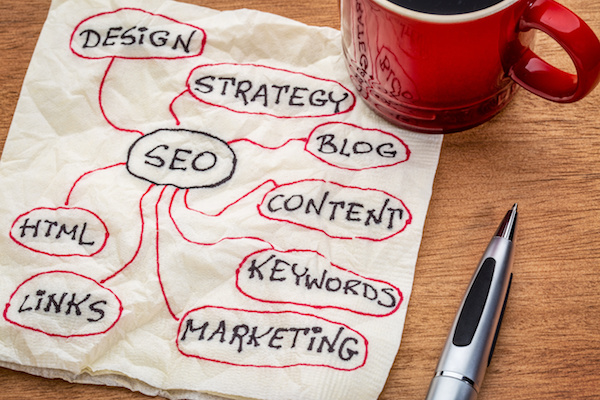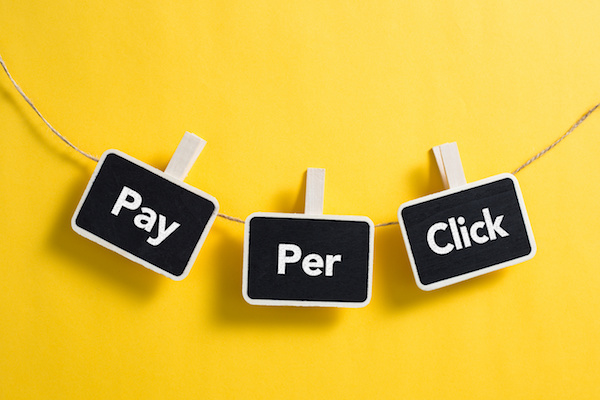
An effective digital marketing strategy accomplishes many goals — developing a better online ranking, increasing brand awareness, and building a bigger following — but none are as important as increasing your online sales. So, if you’re hoping to drive more customers to your website and achieve a higher conversion rate optimization, you need to understand what you should be doing to help out your business.
Understanding conversion rate optimization
It’s the job of digital marketing professionals to show their worth by breaking down to business owners how conversion rate optimization (CRO) helps to increase traffic and online sales to their e-commerce websites. But first, they must understand what CRO is and how it works to benefit their online sales strategy.
It’s considered a conversion when a consumer visits your website and completes a desirable action. This could include purchasing a product or service, filling out an online request form, clicking through to the website to find out more information, or calling your business. Digital marketing professionals monitor these actions using Google Analytics and complete reports for their clients to determine how improvements can be made to improve sales. They use a simple formula: conversions/website visitors multiplied by 100 and expressed as a percentage. For example, if your e-commerce website has 17 conversions from 1,000 visitors to the page, your conversion rate is 1.7%.
How can you increase your digital marketing conversions?
Since the average consumer spends almost four hours a day using their smartphone, the potential to increase your online conversions is huge when you implement a digital marketing strategy. However, the first step towards a higher conversion optimization rate is to demonstrate a good first impression to your consumers.
The way you approach elements like customer service responses, website copy, and social media content gives an impression of the level of service and value your business brings to the table, and it’s always important to inspire confidence when you’re asserting your brand as a leader in your industry.
The next thing you can do is create an easy conversion point. This means that once a visitor is convinced to make a purchase, don’t rely on them to have to search high and low to find that conversion point. It’s important to include multiple ways for them to meet those conversion points, meaning that if you send out an e-newsletter, they can click on the product, on a button that says “buy now”, and even if the consumer clicks on the title of the product within the same area. This will make potential customers more likely to take action and create less confusion on how to buy.
Another consideration to increase your digital marketing conversions is quite simple, value all your callers, as picking up the phone to answer their questions or concerns may encourage them to carry out their online purchase. Online shoppers are conditioned to look for a telephone contact number rather than email and wait for a response, so if you’re fixated on improving your CRO, put your phone number where it can be easily found and consider measuring your call conversions (how many people call to ask about a sale or purchase) as well!
Lastly, if you or the professional digital marketing agency you hire is already doing all of the above to increase your e-commerce sales, considering leveraging digital ads as a way to increase your online conversion rate. Paid ad platforms such as Facebook and Instagram convert well and are worthwhile if you’re hoping to draw in a target audience demographic that spends ample time on these external social platforms. After all, not all digital marketing conversions require you to make changes to your website.
What did you find most interesting about the above content? Drop a comment below to start a conversation with other readers.
Alex Wilks has been working as a copywriter and digital marketing strategist since 2018, with added specialties in social media and email marketing. With a Bachelor’s Degree in Journalism and Communication, she is a natural content writer with the ability to connect well with her target audience.



